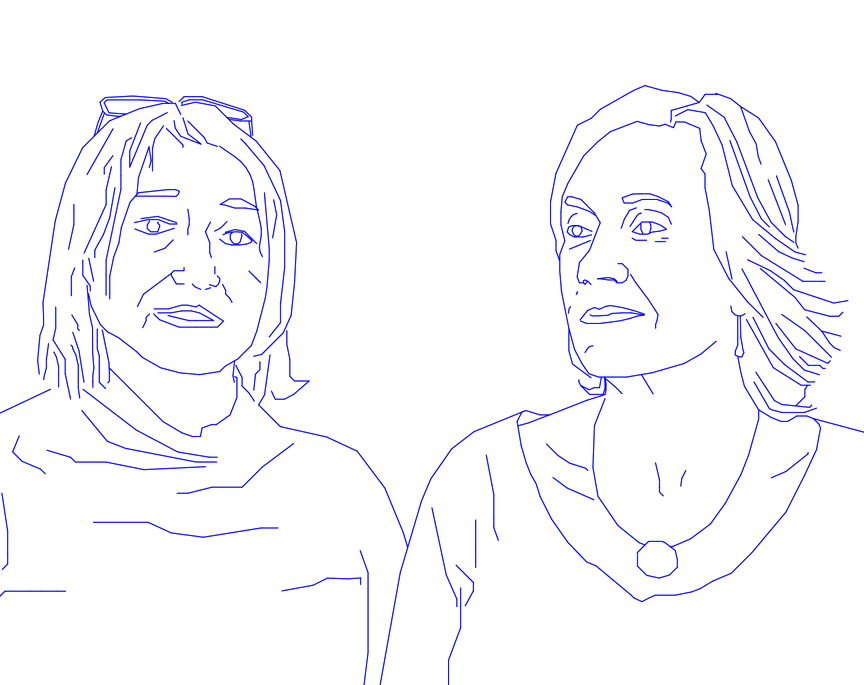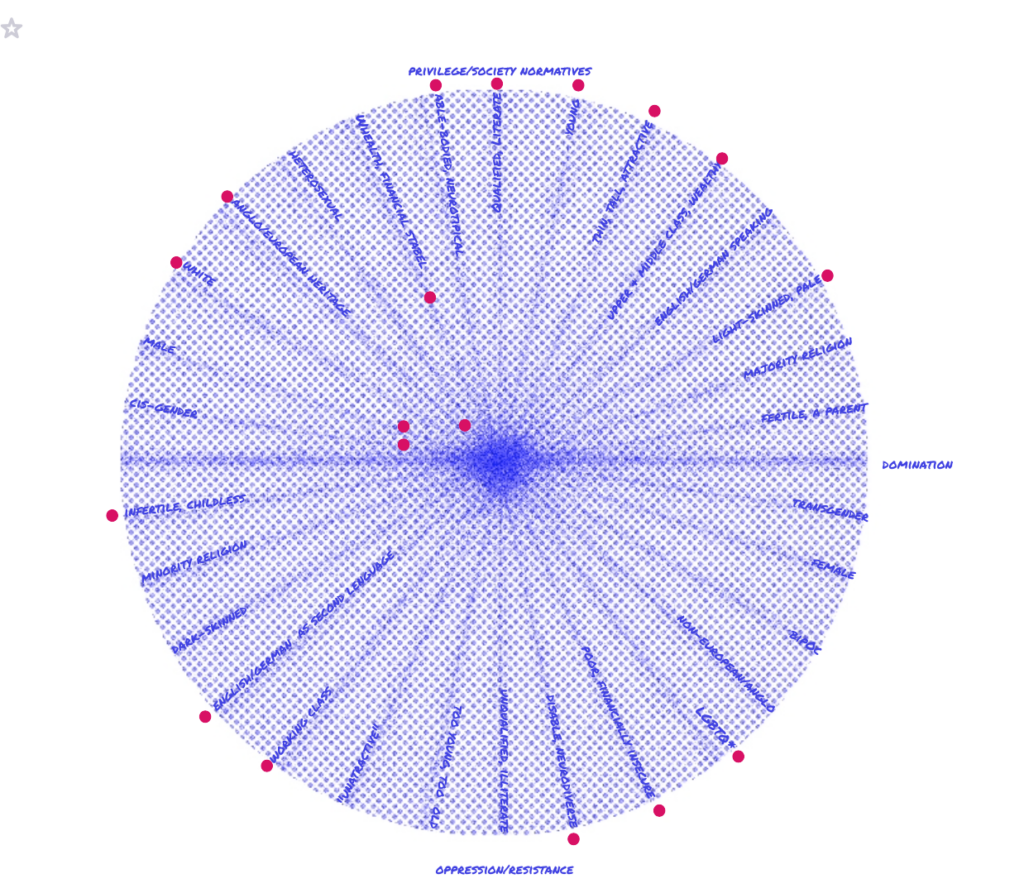
“It means learning to select each segment of this so-called irreversible system, putting a question mark over each of its supposed indispensable connections, and then testing in more and more detail what is desirable and what has ceased to be so.” (Latour)
While we hope for a soon ending of the extraordinary conditions we’re in, we search for spatial strategies for the after. Bruno Latour’s questionnaire serves as an impetus to question the ‘back to normal’: instead, we want to take a critical look at the new realities of the crisis as a testing ground, mapping the spatial and lived alternatives and thus elaborating an inventory of potentials for the post-Corona city. Students from UdK built on their own experience during the Corona crisis and question aspects like working, living, living in the city, …: what spaces have gained importance? What potentials were discovered during the crisis? How did the crisis make spatial inequalities visible? Who has been excluded or isolated?

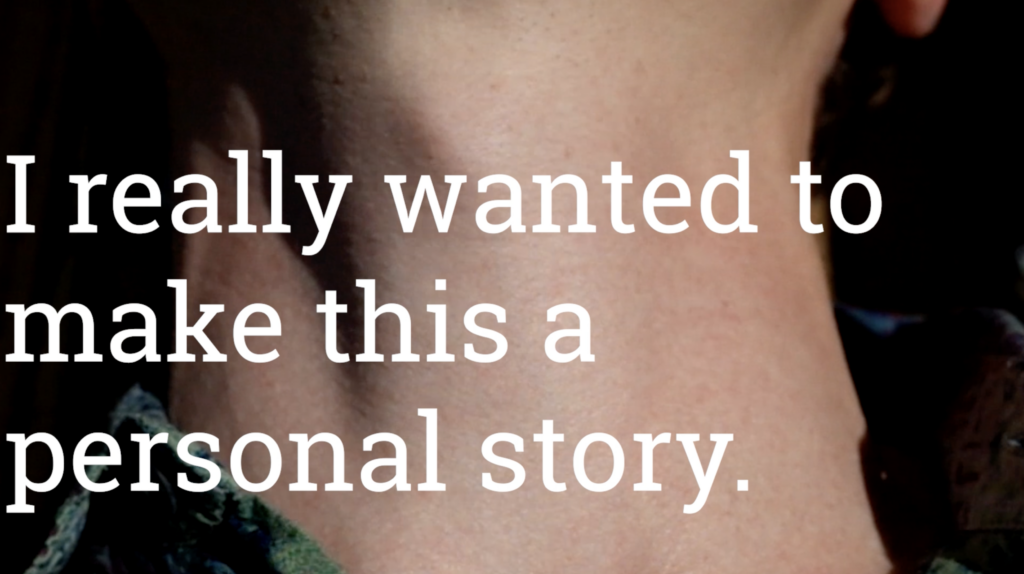
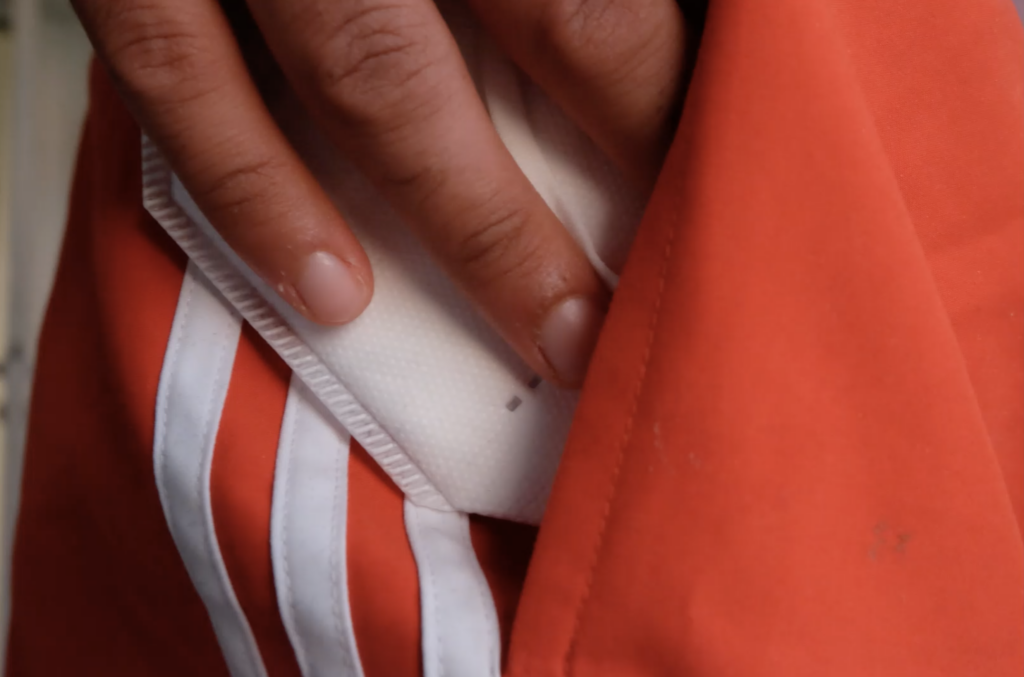
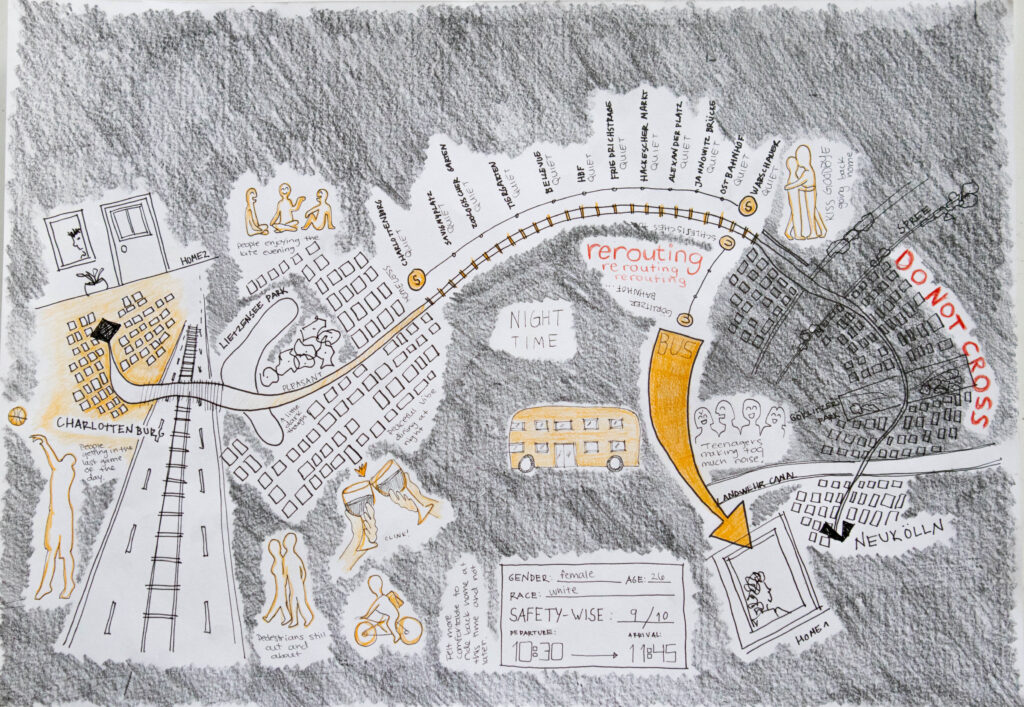
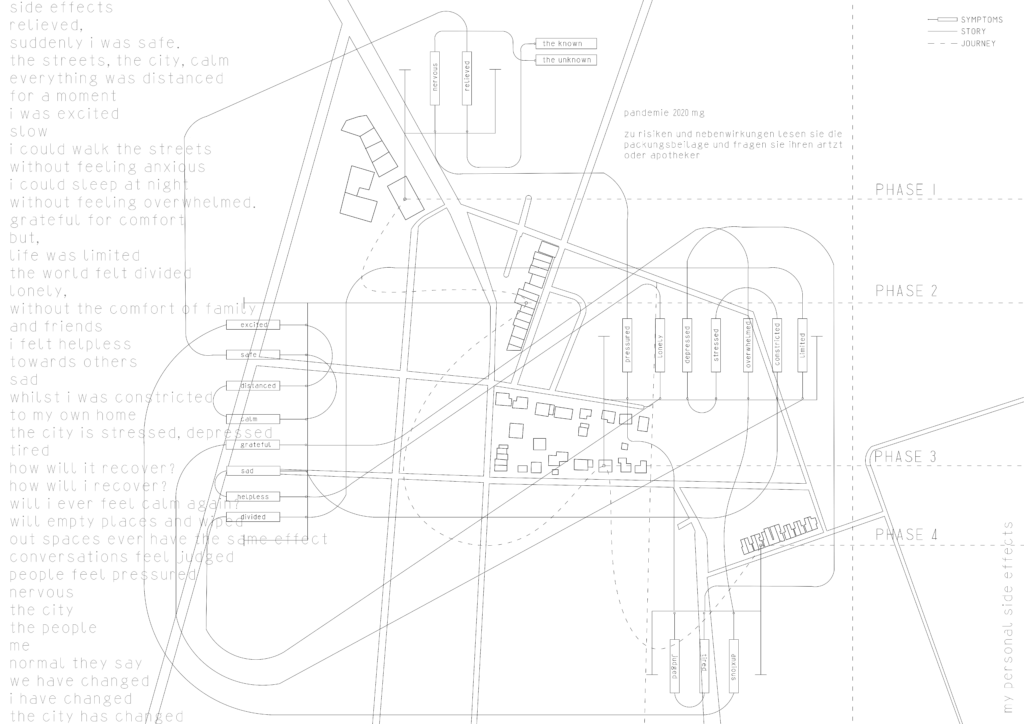
In the current pandemic, everyday normal lives have been shifted out of place; as what is conventionally public and private, inside and outside, visible and invisible, included and excluded has been re-mixed across assumed locations, spaces and encounters. This has produced an intense awareness, requiring the paying of new kinds of attentiveness to the simplest tasks, noticing dis/ordinary encounters with others, and with local built and natural spaces, and explicitly taking a position over issues of care and interconnectedness. The unpredictability and uncertainty of going to the shops or the park, or finding a place to have online meetings, requires creative skills in navigation and negotiation – an expertise many disabled people would say they already have just by living in that normal world.
What, then, can be learnt from lockdown? By precisely mapping and reflecting on these changed everyday practices, as they intersect with our already diverse bodyminds and particular situations, can we open up spaces for designing differently? Can we take the opportunity to work towards a new and better world? Can we imagine experimental and provocative spaces that liberate and value diverse bodyminds, rather than merely going back to perpetuating a world designed for normative bodies and relationships?
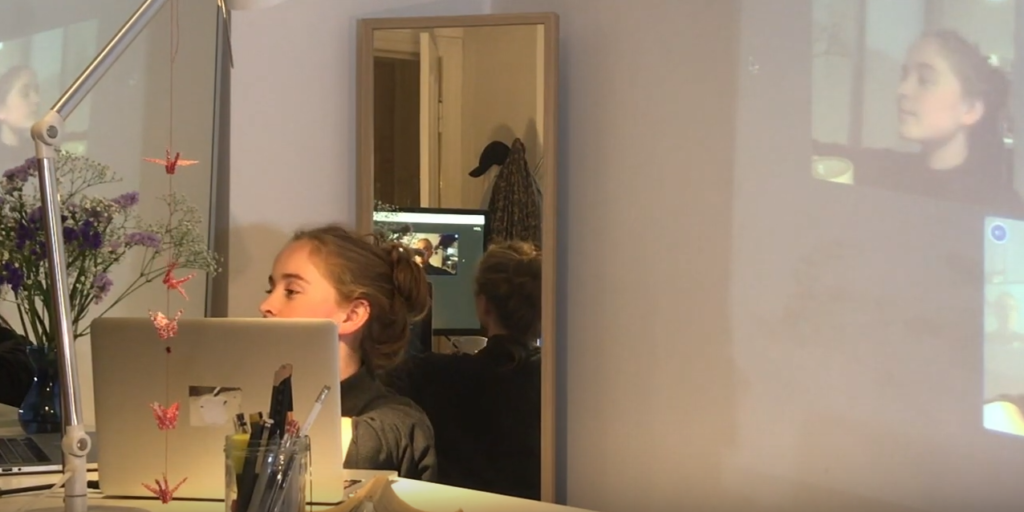
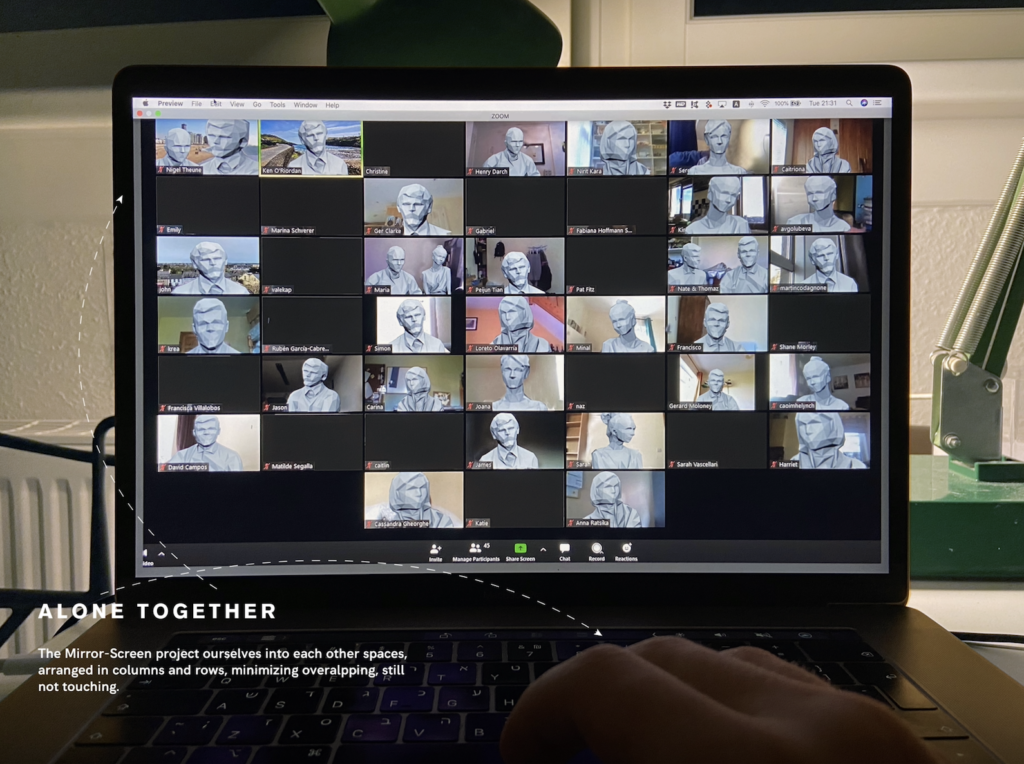
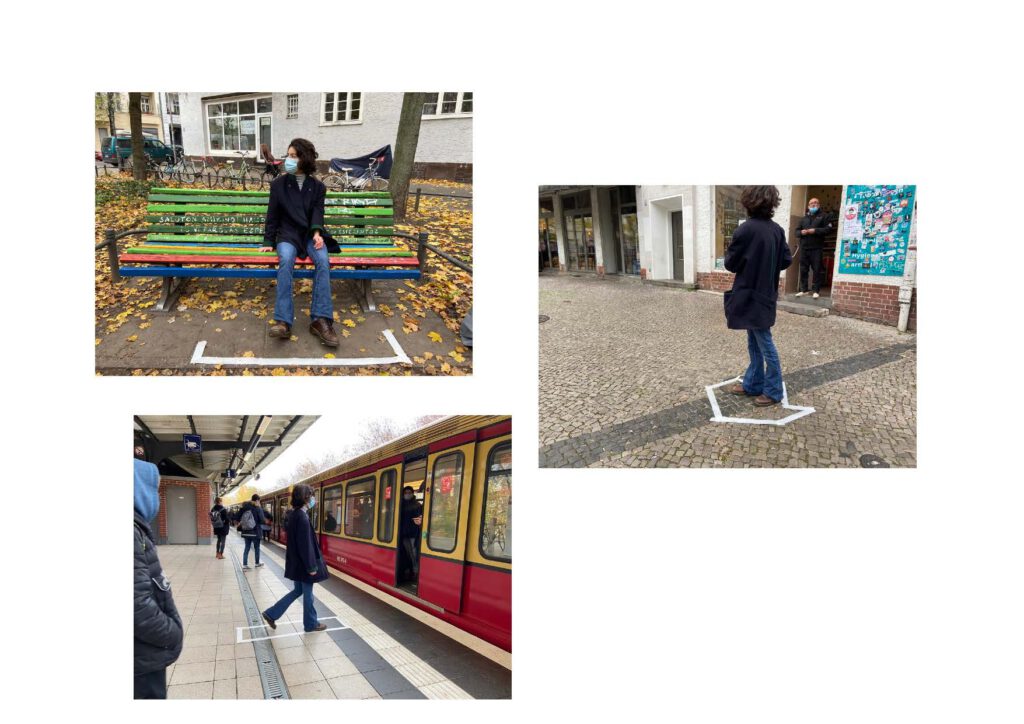
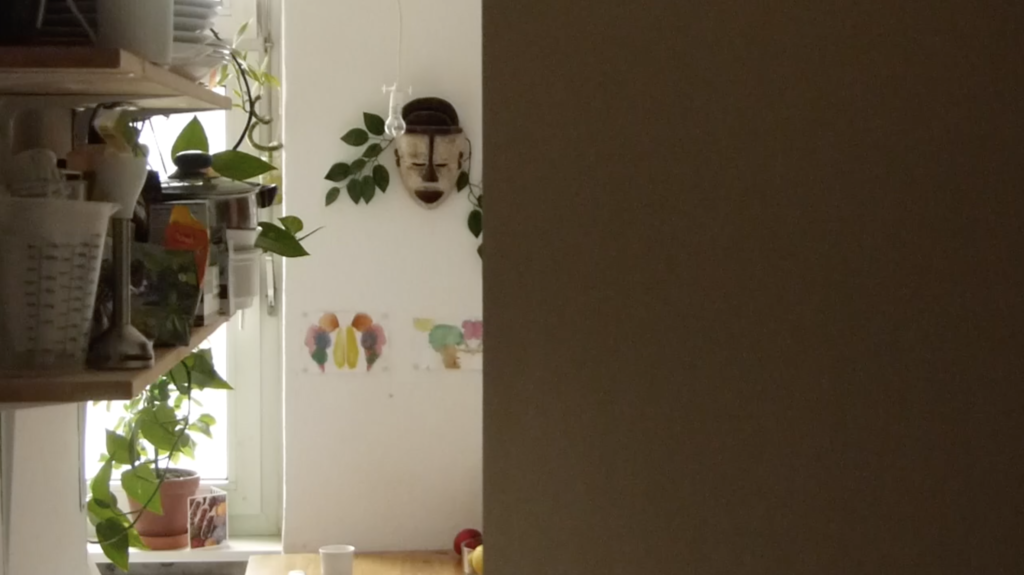
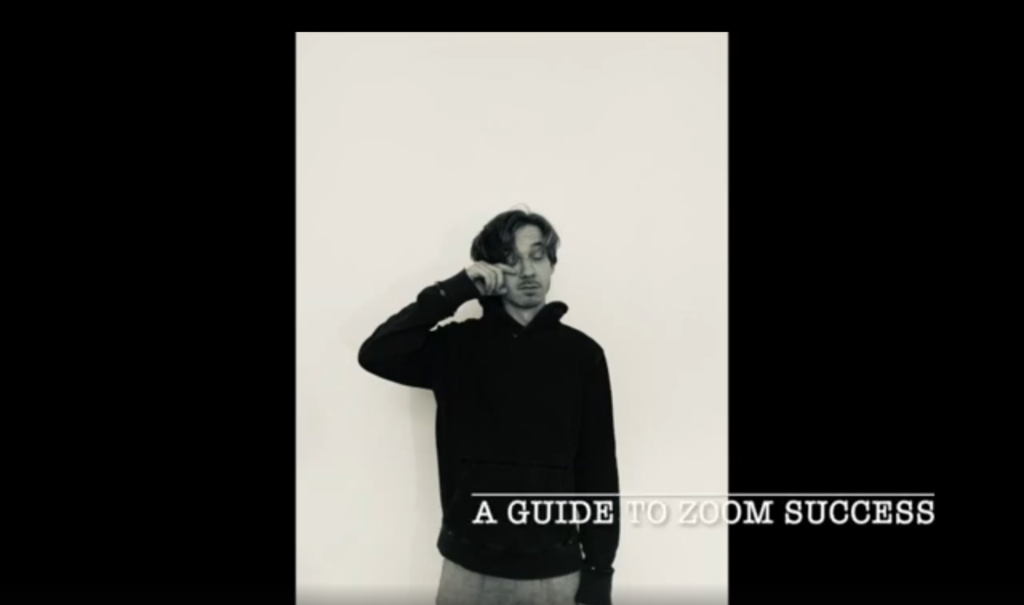
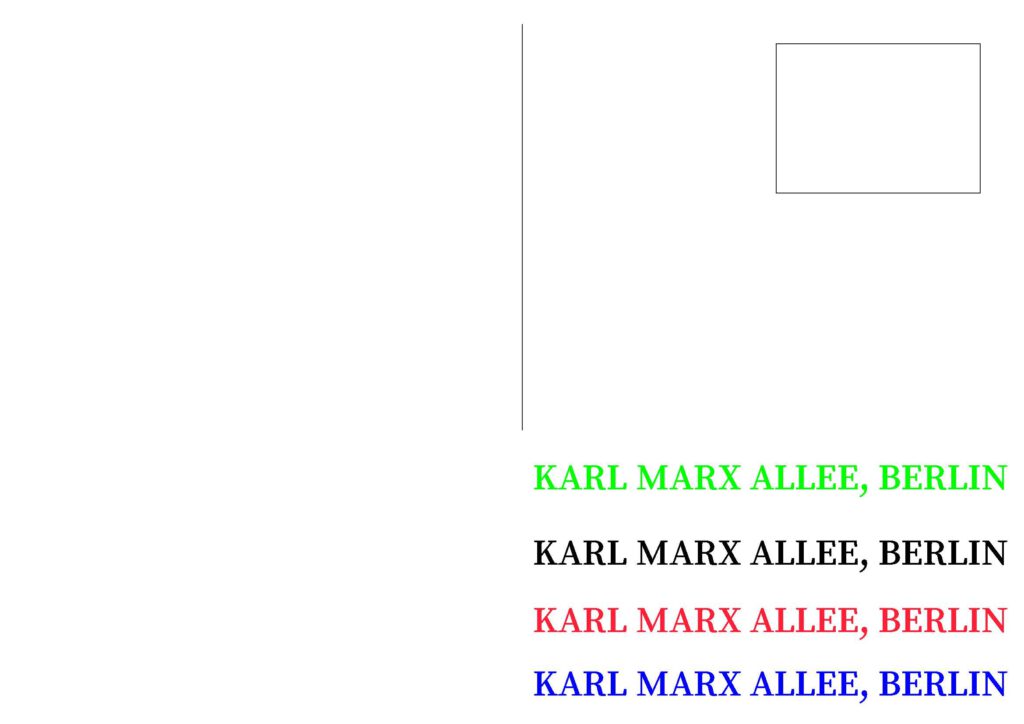
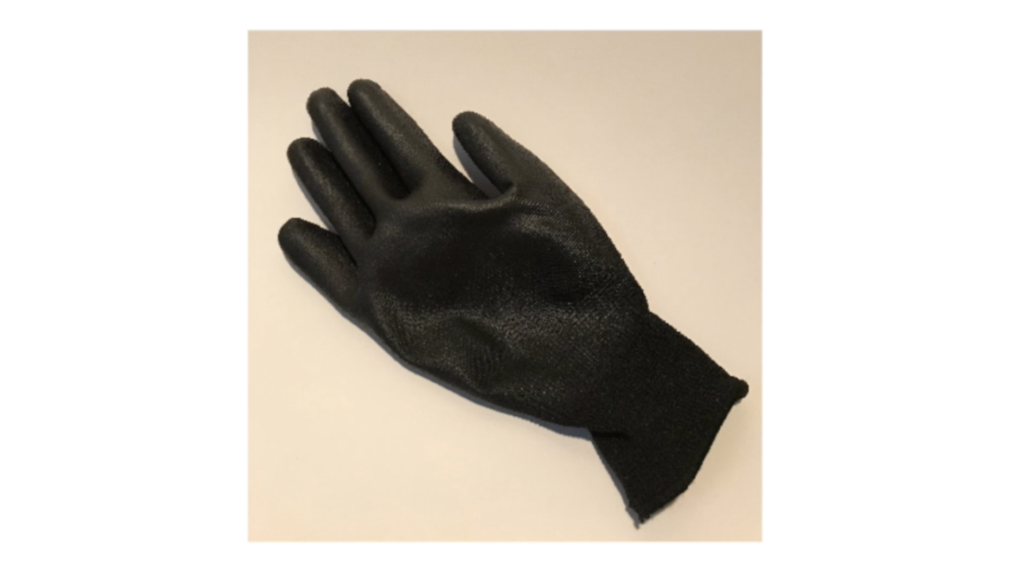


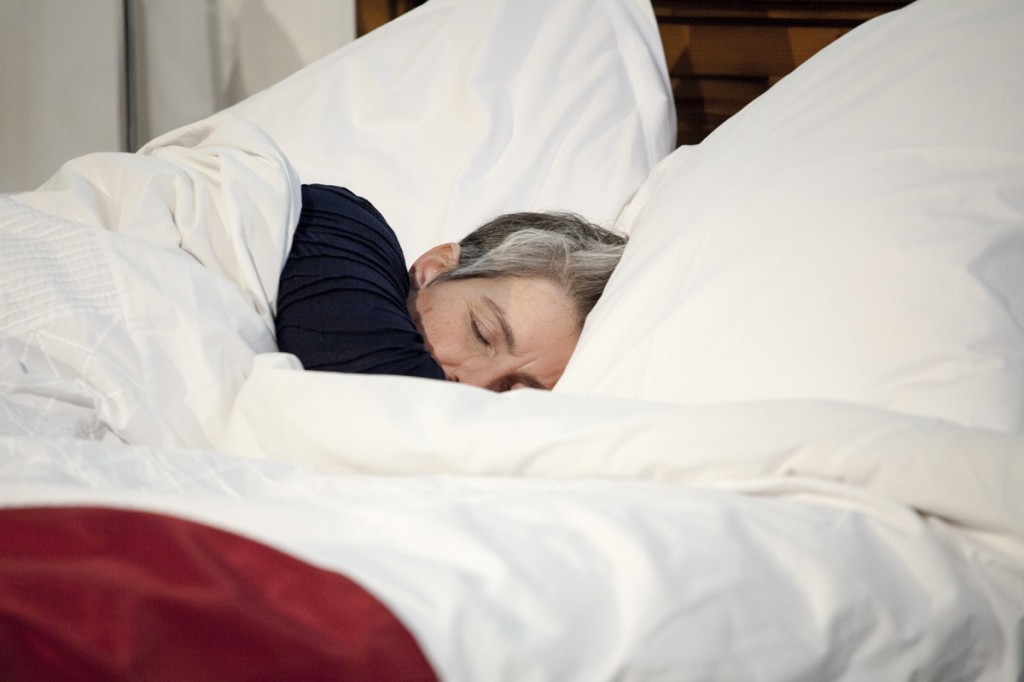
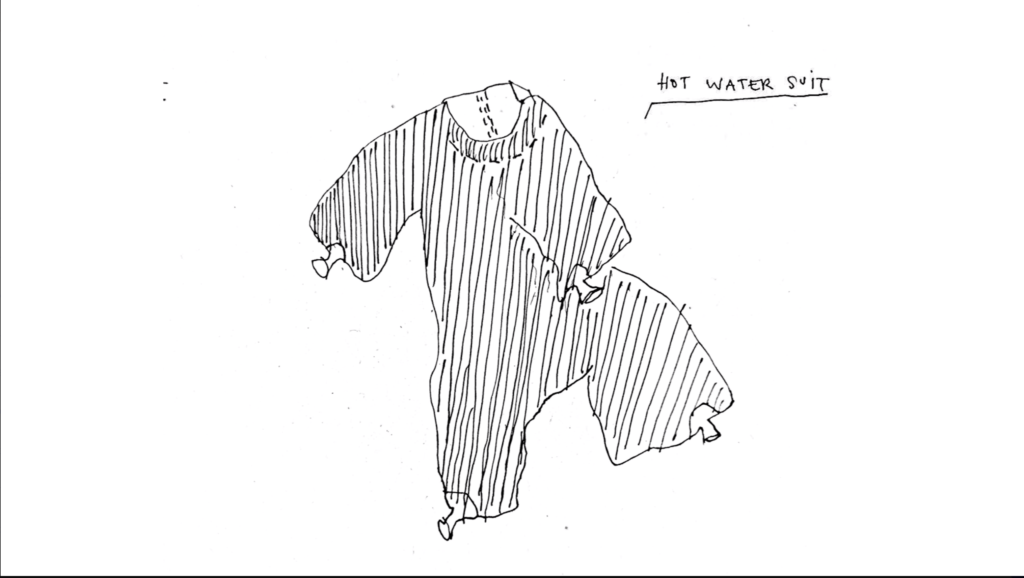
Diana-Lucas Drogan ist Mapping-Künstlerin und Architektin. In ihrem Atelier in Berlin sprechen wir über counter mapping und reflektieren über performative und ethnografische Methoden als Erweiterung des Repertoires, wie Räume gelesen, dargestellt und verändert werden können.
Zoe Partington and Jos Boys from the DisOrdinary Architecture Project work with a network of disabled and deaf artists to develop models of new practice for the built environment, led by the creativity and experiences of those artists. In their regular meeting place in London we talk about how hard it is to challenge norms, who is enabled or disabled by existing spaces, and how their projects enable architecture students to explore built spaces beyond their usual perspective.
